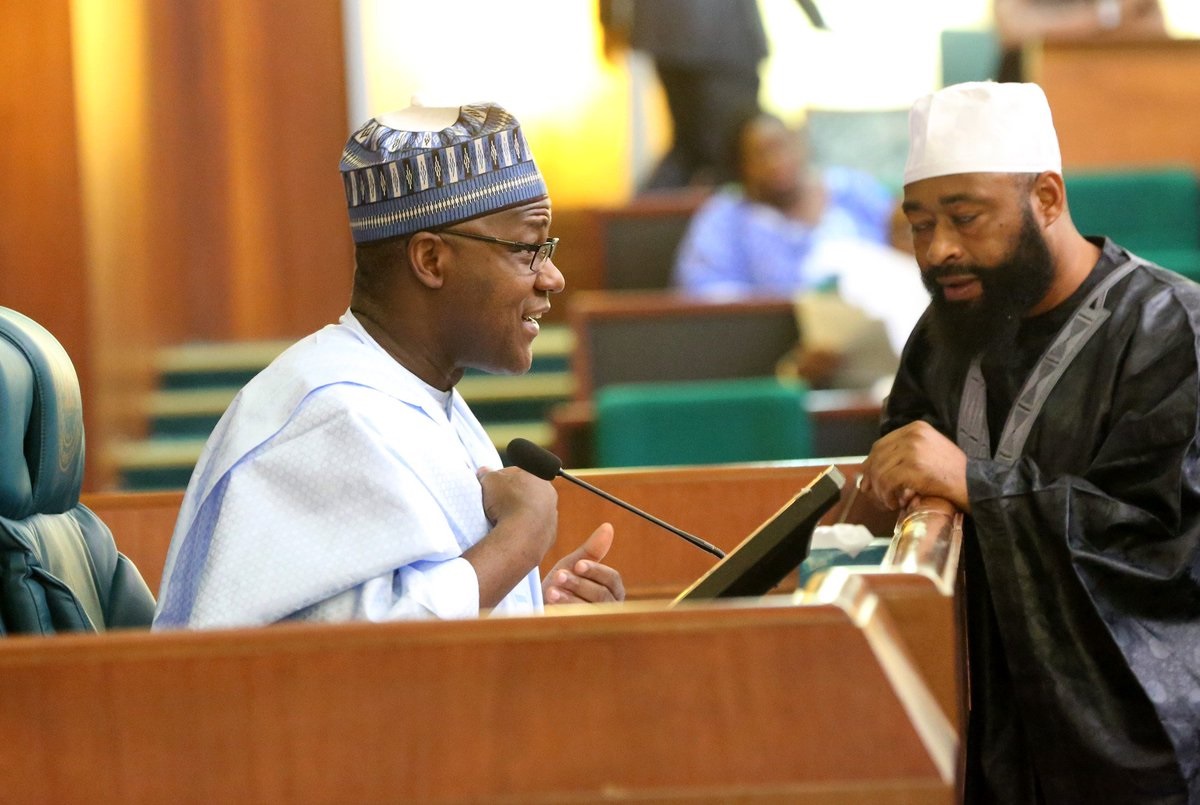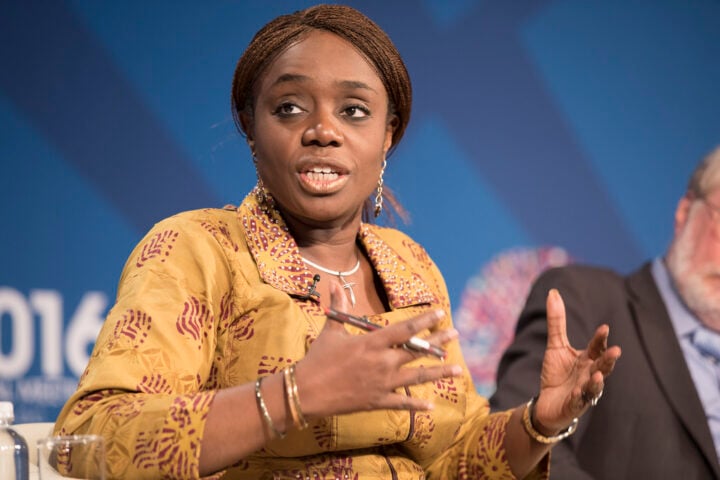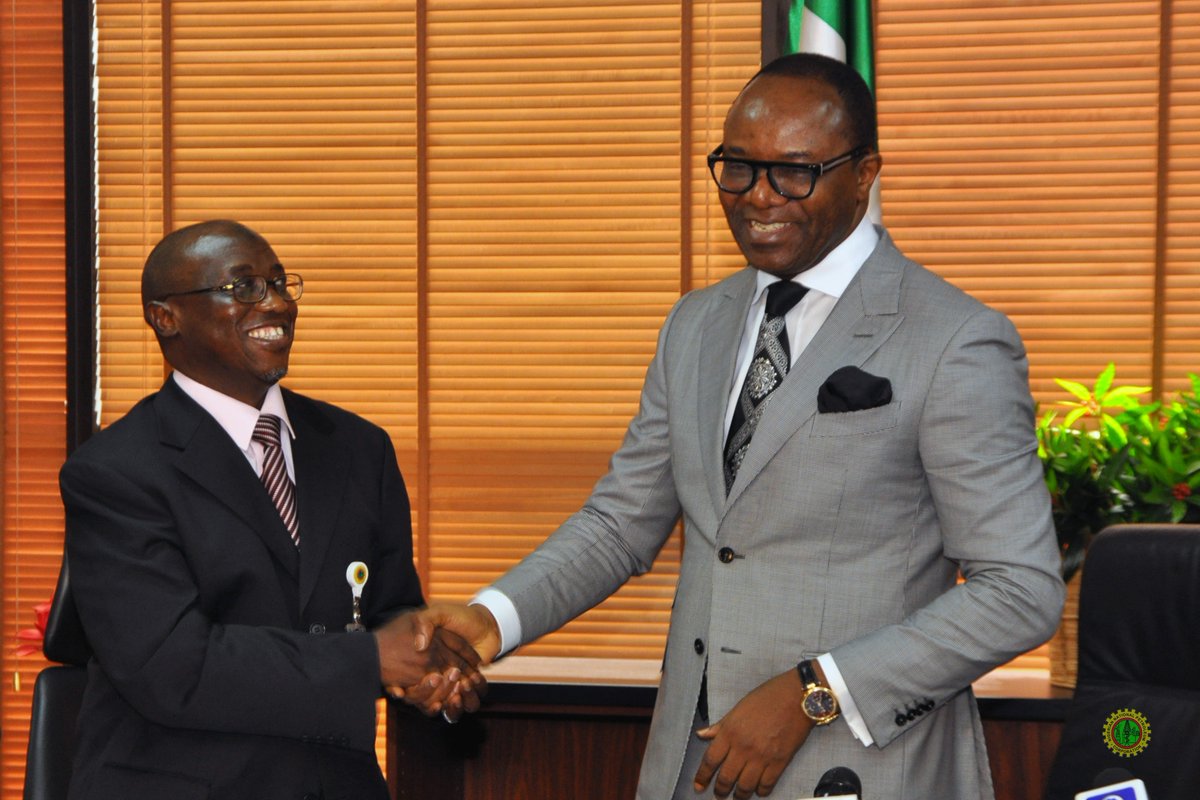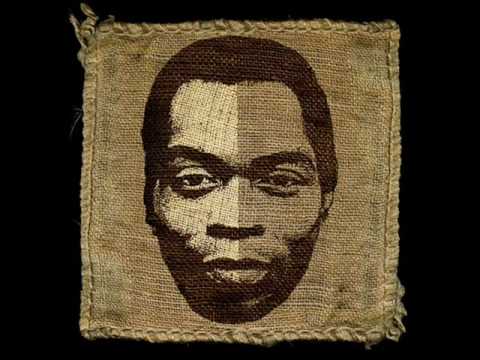On August 12, 2015, Ese Oruru left her mum’s shop to visit a sick friend and never returned. There were several propositions to her disappearance. According to news sources, a man known as Yellow, whose real name is Yunusa Dahiru abducted her. Other accounts say that 13-year-old Ese has been secretly dating Yellow, a 25-year-old tricycle operator, so they eloped. However, these accounts have something in common, Ese and Yellow left Yenegoa, Bayelsa without Mr and Mrs Oruru’s consent. Ese was taken to Kano and was reportedly forced into marriage and converted to Islam.
This piece of information would have remained unknown by the public without the timely intervention of Non-Governmental Organizations (NGOs) such as KHAN Initiative and Child Protection Network (CPN). They immediately contacted relevant newspapers and launched a nationwide campaign – FREE ESE. Through rallies and social media, they spoke against child marriage. Eventually, Ese was rescued by the police, at this time, she had turned 14 and was five months pregnant. Yunusa ‘Yellow’ Dahiru was arrested and prosecuted.
The successful ending to this traumatic tale happened only because of the intervention of a network of NGOs who worked tirelessly to bring her back home, even though it involved the high and mighty in Kano.
NGOs/Civil Society Organisations (CSOs) have become a huge part of economic development in most third-world (or developing) countries. In most of these countries, they work around specific issues such as promotion of quality education, human and child rights advocacy, agricultural development, civic and social responsibility among many others. While most African leaders talk on these points to amass votes during elections and curry international favours, a large share of the actual grind is done by the NGOs. Therefore, it is safe to say that the continent would be far worse without the involvement of these charitable organizations.
Advertisement
However, in recent years, there has been a crackdown on the activities of NGOs and CSOs, a form of censorship and restriction, which, if not adhered to, can result in imprisonment. Nigeria is on the verge of passing one of those bills. In 2016, NGO Regulation Bill was sponsored by Honourable Umar Buba Jibril, the deputy majority leader. The major objective of the bill is to establish a regulatory commission which would supervise, coordinate and monitor NGOs, and civil society organisations.
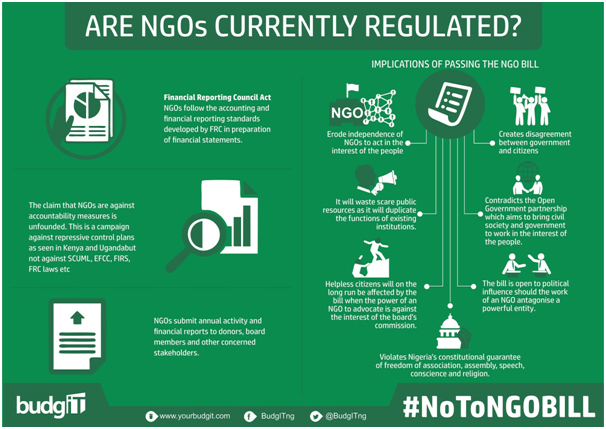
If Nigeria decides to pass this bill into law, it will join Ethiopia, Uganda, Zimbabwe and Sierra Leone, where NGOs and CSOs need to go through series of bureaucratic bottlenecks to get registered and operate.
Advertisement
The High Commissioner for Human Rights United Nations says,
“A dynamic and autonomous civil society, able to operate freely, is one of the fundamental checks and balances necessary for building a healthy society, and one of the key bridges between governments and their people. It is therefore crucial that NGOs are able to function properly in countries in transition, as well as in established democracies.”
Does the Nigerian government even have what it takes to monitor transparency and accountability in the NGO sector? “No, they don’t,” Sola Fagurosi says. Fagurosi, who runs One Life Initiative, went on to explain that the government does not have the moral credibility to pass such a bill, when they also have not been transparent with their affairs. “The NGOs are doing so much more than the government, even though they have budgetary allocations for each sector of the economy.”
In the countries where NGO activities are coordinated or regulated by government, experts complain of opacity instead of the transparency promised. For instance, in Ethiopia, which is one of the poorest countries in the world, civil society organisations that receive more than 10 percent of its funding from abroad is considered foreign. According to the Human Rights Watch, “[foreign] groups are forbidden from doing any work that touches on human rights, governance, or a host of other issues.” This is contradictory to the claims by the Ethiopian government that the NGO law will “ensure greater openness and financial probity on the part of nongovernmental organizations.”
Advertisement
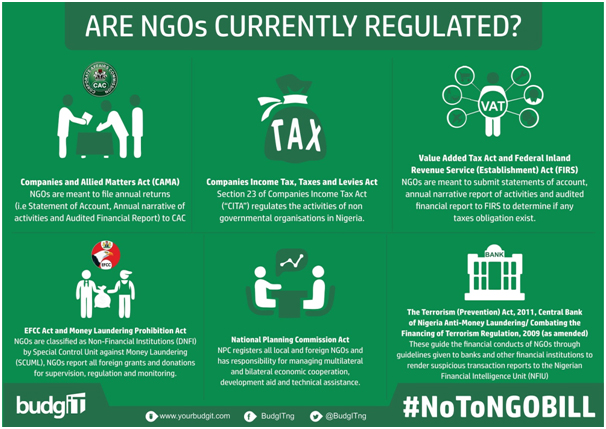
HRW reports that, instead, there have been restrictions on human rights and governance-related work as to make most such work impossible, violating fundamental rights to freedom of association and expression provided for in the Ethiopian constitution and international human rights law.
According to Mr. Seyi Oyebisi, the Executive Director, Nigeria Network of NGOs, Hon. Jibril’s sponsored bill has no legal backing. “The Nigerian constitution guarantees freedom of assembly and association. The right to seek use and receive resources – human material and financial – from domestic, foreign and international sources is an essential element of the freedom of association guaranteed by the Nigerian constitution and international laws,” Oyebisi says. His organization has held several meetings with the House of Representatives where there was a mutual agreement that the NGO bill should be terminated.
However, he noted that there is a pressing need for accountability and transparency in NGOs and CSOs.
Advertisement
NGOs and CSOs in Nigeria are not without regulations. There are legal frameworks which makes them accountable to the Federal Inland Revenue Service, Corporate Affairs Commission, Economic and Financial Crimes Commission and the likes. Rather than create and fund another regulatory body, the government needs to strengthen existing laws and weed out non-complying organizations.
This thought is supported by Fagorusi. He states that “the space needs to be regulated because some people have become NGIs, Non-Governmental Individuals, diverting funds and grants for personal use.” In demanding accountability, Fagurosi suggests that NGO founders should step aside after a stipulated time to ensure and promote transparency.
Advertisement
This report was made possible by the BudgIT Media Fellowship 2017
Advertisement
Views expressed by contributors are strictly personal and not of TheCable.

